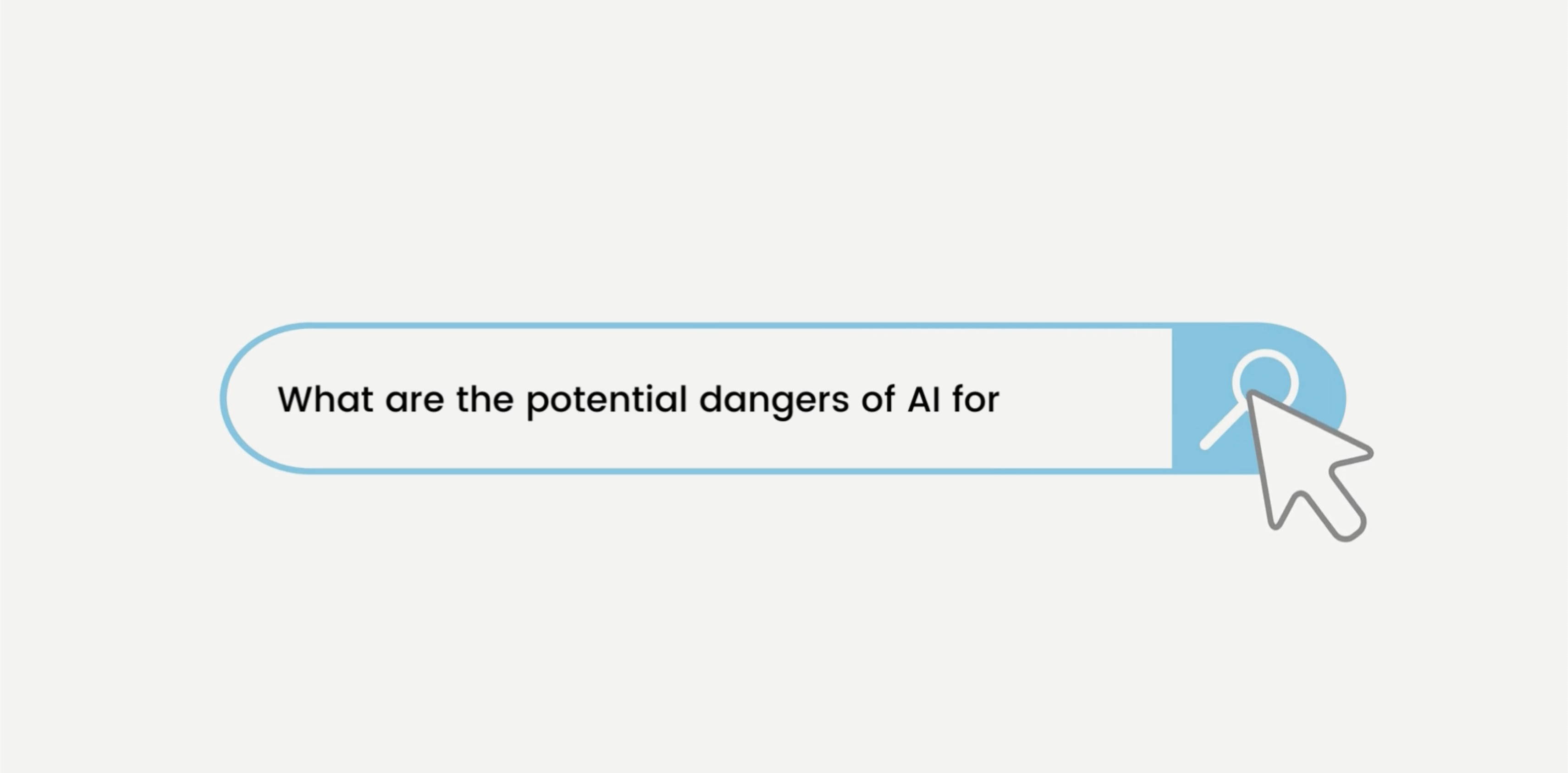Kids and Teens Must Master these 3 Critical Tech Skills

The Three Essential Skills for Technological Wellness
1. Discerning What's Real and Not Real
The online world is a complex maze of information, where truth and fiction blur with increasing sophistication. Kids today face unprecedented challenges in distinguishing reality from fabrication. With the rise of AI-generated content, deepfakes, influencer marketing, and sophisticated misinformation campaigns, the ability to critically evaluate information has never been more crucial.
Imagine a world where a teenager scrolling through social media encounters a seemingly authoritative post about a health trend, an emotional video that pulls at their heartstrings, or a "news" article that sounds convincing. Without strong critical thinking skills, they could easily be misled. Teaching children to ask questions like "Who created this?", "What evidence supports this claim?", and "What might be the motivation behind this content?" becomes as important as any traditional academic skill.
2. Using Technology for Connection, Not Isolation
Social media platforms are designed with intricate psychological mechanisms that can transform connection into a superficial numbers game. The pursuit of likes, followers, and viral content can quickly replace meaningful human interaction. While technology offers unprecedented ways to maintain relationships, it can also create a false sense of connection that leaves people feeling more isolated than ever.
Parents and educators must help children understand the difference between genuine connection and digital performance. This means encouraging authentic conversations, teaching empathy, and helping kids recognize that a dozen likes cannot replace a heartfelt conversation or shared laugh.
3. Mastering Self-Regulation
Perhaps the most challenging skill in our attention economy is the ability to disconnect. Technologies are engineered to be addictive, with algorithms designed to keep users engaged for as long as possible. Video games, social media platforms, and streaming services employ sophisticated techniques to trigger dopamine responses, making it difficult for anyone—let alone children—to step away.
Self-regulation isn't about complete abstinence but about mindful, intentional use. It involves setting boundaries, understanding one's own triggers, recognizing when technology is serving or hindering personal goals, and taking action to change the situation if necessary. This skill is crucial for maintaining mental health, academic performance, and real-world relationships.
Practical Steps for Parents and Educators
- Model healthy technology use yourself
- Have open conversations about digital experiences
- Set clear, consistent boundaries
- Encourage offline activities and relationships
- Teach critical thinking from an early age
- Use parental controls as a temporary scaffold, not a permanent solution
The Larger Vision: Technology as a Tool, Not a Master
Our ultimate goal isn't to demonize technology but to help the next generation view it as a powerful tool for learning, creativity, and connection. By focusing on these three core skills—reality discernment, genuine connection, and self-regulation—we can empower children to navigate the digital landscape confidently and consciously.
The most successful individuals in the coming decades won't be those with the most advanced technical skills, but those who can think critically, connect meaningfully, and maintain control over their technological interactions.
Technology should enhance human potential, not diminish it. And that journey begins with education, understanding, and intentional skill development.
.png)
